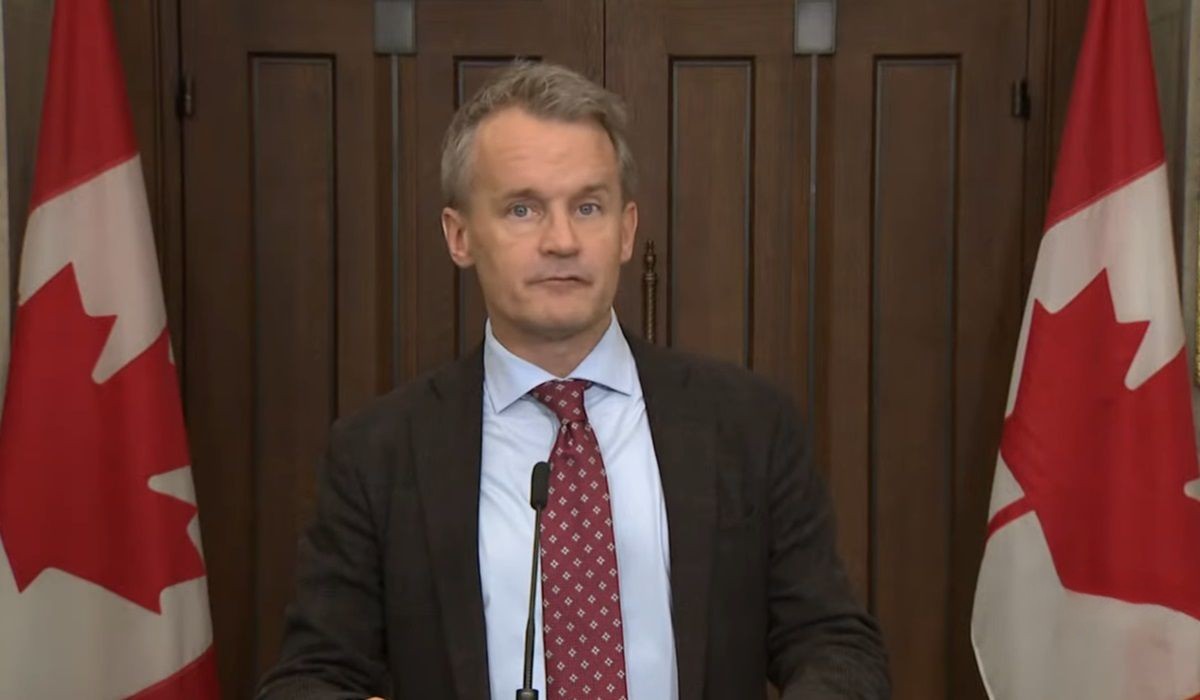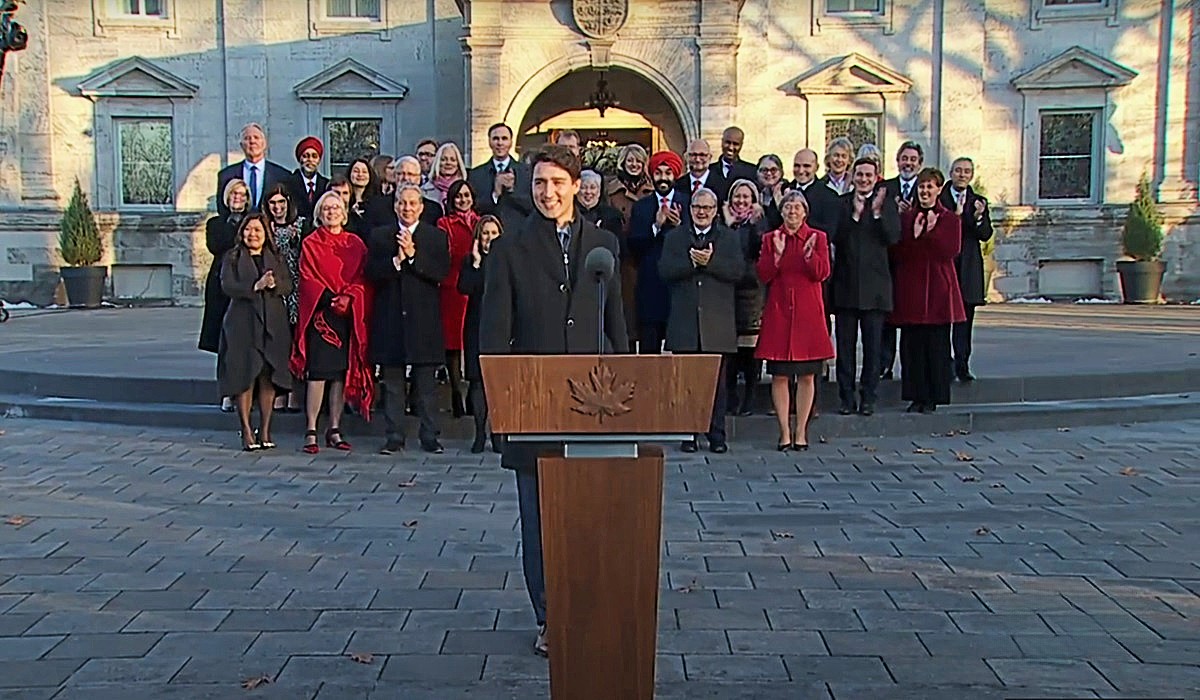Symbolism or Substance? Minister of Labour Sheamus O’Regan Tables Anti-“Scab” Bill
- Ingrid Jones
- Canada
- November 9, 2023

Today, the Liberal Minister of Labor, Sheamus O’Regan, introduced a new bill to prevent the government from utilizing replacement workers during strikes. This move comes as a fulfillment of a provision outlined in the deal struck between the Liberals and the New Democratic Party (NDP) to ensure the stability of the government.
The proposed legislation, dubbed the “anti-scab” bill, seeks to ban replacing workers during labour strikes. The NDP, long proponents of such measures, view this as a significant step towards empowering workers to negotiate better wages and improved working conditions.
“For years, New Democrats have tried to ban replacement workers – to ensure workers have the power to demand better wages and working conditions. Now, we have forced the Liberal government to move forward with this anti-scab legislation finally,” stated Jagmeet Singh, NDP.
However, using “scab” has raised eyebrows and stirred controversy. While the intention is to emphasize the importance of protecting striking workers, critics argue that the term is derogatory and degrading toward individuals hired as replacements. These temporary workers also have families; many find the term offensive.
Understanding the origins of the term “scab” in the context of labour strikes is crucial. Historically, the word has been used to refer to individuals who cross picket lines and work during strikes. While the term may carry a negative connotation, it has deep roots in the labour movement’s struggle for workers’ rights.
Critics of the bill question its practical impact, given that governments rarely replace all striking workers with temporary labour. Skeptics argue that the legislation might be more of a symbolic gesture, a way for the Liberals to appease the NDP and gain further support, especially in light of the precarious political balance that has kept the government intact.
Many view the bill as potential “window dressing” rather than a substantial reform. Skepticism abounds regarding whether the bill will significantly alter government practices during strikes. Some argue that it could be a strategic move by the NDP to strengthen ties with labour unions and secure additional support in the event of political instability. While the NDP celebrates it as a victory for workers’ rights, critics question its practical impact and view it as a potential political maneuver. As discussions unfold in the parliamentary chambers, the fate of the final version of the Bill and its implications for the Canadian workforce remains uncertain.








